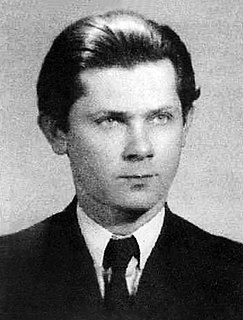A Quote by T. C. Boyle
Related Quotes
There are three big things going for The Scorpio Races: first, it is set on a beautiful but wild island in the middle of the cold Atlantic Ocean. That would've seduced me as a teen reader. Second, It is full of beautiful but killer horses being trained for a dangerous race. Actually, that would've seduced me as a teen reader as well. At third it involves a very repressed love story with a very Mr. Darcy-like love interest.
I think when you're photographing - when anybody's photographing another person in a private situation, it's a kind of a seduction but it's not always a sexual seduction... I feel like when Jack [Welpott] was doing it, it was a sexual seduction and when I was doing it, it was more of a psychological seduction in order to get them to cooperate with me... Not because I wanted them to spread their legs or... be, you know, Wanna sleep with me? , or whatever.
The book is finished by the reader. A good novel should invite the reader in and let the reader participate in the creative experience and bring their own life experiences to it, interpret with their own individual life experiences. Every reader gets something different from a book and every reader, in a sense, completes it in a different way.
What is a novel? I say: an invented story. At the same time a story which, though invented has the power to ring true. True to what? True to life as the reader knows life to be or, it may be, feels life to be. And I mean the adult, the grown-up reader. Such a reader has outgrown fairy tales, and we do not want the fantastic and the impossible. So I say to you that a novel must stand up to the adult tests of reality.







































